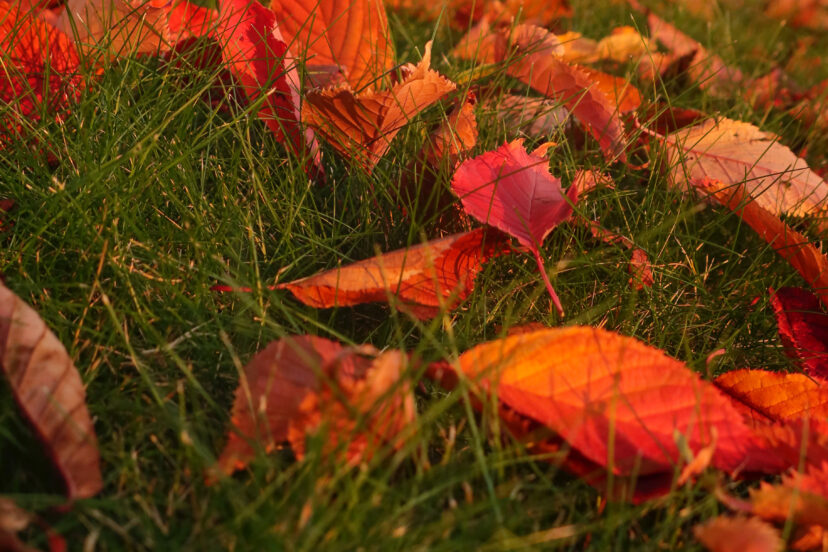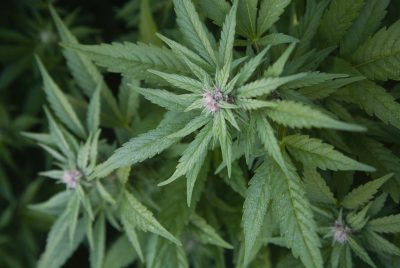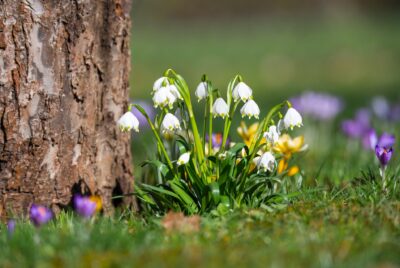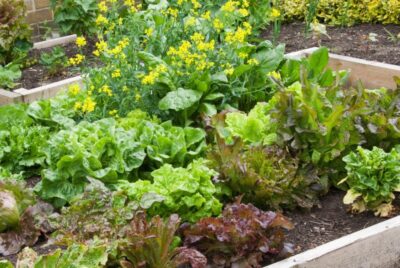Shredded Leaves: Yard Waste to Garden Gold
Fallen leaves are often seen as a nuisance during the fall season, cluttering lawns, and driveways. However, these seemingly bothersome leaves can be transformed into valuable resources for your garden. Fallen leaves, turned into shredded leaves, have numerous benefits and are a fantastic choice for mulch and compost.
- Benefits of Shredded Leaves as Mulch
- Incorporating Shredded Leaves into Compost
- Difference between Mulch and Compost
- Choosing the Right Leaves for Shredding
- Method for Shredding Leaves
- Environmental Benefits of Using Shredded Leaves
Benefits of Shredded Leaves as Mulch
Retaining Soil Moisture
One of the primary benefits of using shredded leaves as mulch is their ability to retain soil moisture. As mulch covers the soil surface, it acts as a protective barrier, reducing water evaporation. This means less frequent watering for your plants and a more consistent moisture level in the soil.
Controlling Weeds Naturally
Shredded leaves also provide a natural solution for weed control. By forming a dense layer over the soil, they block sunlight and prevent weed growth. This eliminates the need for chemical herbicides, promoting a healthier and more eco-friendly garden.
Regulating Soil Temperature
Maintaining stable soil temperatures is crucial for good plant health. Shredded leaf mulch acts as insulation, keeping the soil cooler in hot weather and warmer during cold spells. This temperature regulation ensures your plants will thrive year-round.
Improving Soil Structure
Shredded leaves gradually break down and enrich the soil with organic matter. This enhances soil structure by increasing its water-holding capacity and promoting beneficial microorganisms. Over time, your garden’s soil becomes more fertile and easier to work with.
Takes up less Space
If you opt to dispose of the leaves you’ve raked up in fall, shredding them beforehand reduces the presence of air pockets when stuffed into disposal bags. Less air pockets means more shredded leaves into each bag resulting in fewer bags being used.
Incorporating Shredded Leaves into Compost
Carbon-to-Nitrogen Ratio
Shredded leaves are an excellent source of carbon, while kitchen scraps and grass clippings provide nitrogen. Mixing shredded leaves into your compost pile helps maintain this balance, resulting in nutrient-rich compost.
Enhancing Compost’s Nutrient Content
Shredded leaves contribute essential nutrients to your compost. These nutrients enrich the finished compost, making it a potent natural fertilizer for your garden. Your plants will thank you for the nutrient boost.
Speeding up the Composting Process
Shredded leaves decompose more quickly than whole leaves, which accelerates the composting process. Plus, the increased surface area of shredded leaves promotes microbial activity, further expediting decomposition.
Difference between Mulch and Compost
While mulch and composting share a common goal of nurturing gardens, they have very distinct roles. Using these interchangeably within your garden may seem harmless but misapplying them can negatively harm your garden soil and the health of your plants.
What is Mulch?
Mulch is a layer of material, typically organic, that is spread over the surface of the soil in gardens, flower beds, or around the base of trees and shrubs. Its primary purpose is to protect and improve the plants and soil. Its most popular forms are wood shavings or chips, bark, hay, straw, shredded leaves, and grass clippings.
What is Compost?
Compost is nutrient-rich, organic material that is created through the decomposition of organic waste materials like kitchen scrapes, yard waste, grass clippings and biodegradable items like coffee grounds and eggshells. It is often referred to as “black gold” for gardeners because of its numerous benefits for soil health and plant growth. Compost is the ultimate form of recycling. Once mature, it’s mixed with the soil to return nutrients back in a form that is absorbed by plants.
Choosing the Right Leaves for Shredding
Ideal Leaf Types
Not all leaves are good when it comes to shredding. While many deciduous tree leaves are suitable, some, like oak and maple, break down more slowly due to their waxy coatings. Choose leaves from trees like birch, ash, or poplar for faster decomposition.
Avoiding Leaves with Diseases or Pests
Inspect leaves for signs of disease or pest infestations before shredding. Using infected leaves can introduce problems to your garden – place these in your garbage. Be selective and only shred healthy leaves to ensure a trouble-free gardening experience.
Methods to Shred Leaves
Lawn Mower
For small gardens, using a mower with a bag attachment can suffice. Simply gather the leaves and run them over several times with the mower for shredding. This is a cheaper alternative as you already have the tools.
Shredder
For larger yards or substantial leaf quantities, consider investing in a leaf shredder or mulcher. These machines efficiently reduce leaves to the desired size, saving you time and effort. More expensive types vacuum up the leaves, shred, and bag them for convenience.
Environmental Benefits of Using Shredded Leaves
Using shredded leaves in your garden isn’t just beneficial for your plants; it’s also eco-friendly. By recycling leaves in your yard waste, you reduce landfill waste and lower the demand for chemical fertilizers, contributing to a healthier planet.
Final Thoughts
Adding shredded leaves into your garden as mulch and compost is a sustainable and cost-effective choice. By making the most of this available resource, you can create a healthier, more vibrant garden while reducing your environmental impact.
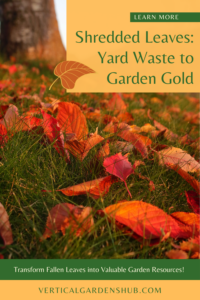
FAQs
Q: Can I use any type of leaves for shredding and mulch?
It’s best to use leaves from deciduous trees like birch, ash, and poplar for shredding and mulch. Avoid leaves with waxy coatings like oak and maple.
Q: How thick should I apply shredded leaf mulch?
A thickness of 2 to 4 inches is ideal for shredded leaf mulch.
Q: Can I use shredded leaves as mulch for potted plants?
Yes, you can use shredded leaves as mulch for potted plants to conserve moisture and deter weeds.
Q: Are there any leaves I should avoid shredding and using in my garden?
Yes, avoid shredding leaves that show signs of disease or pest infestations, as they can introduce problems to your garden.

